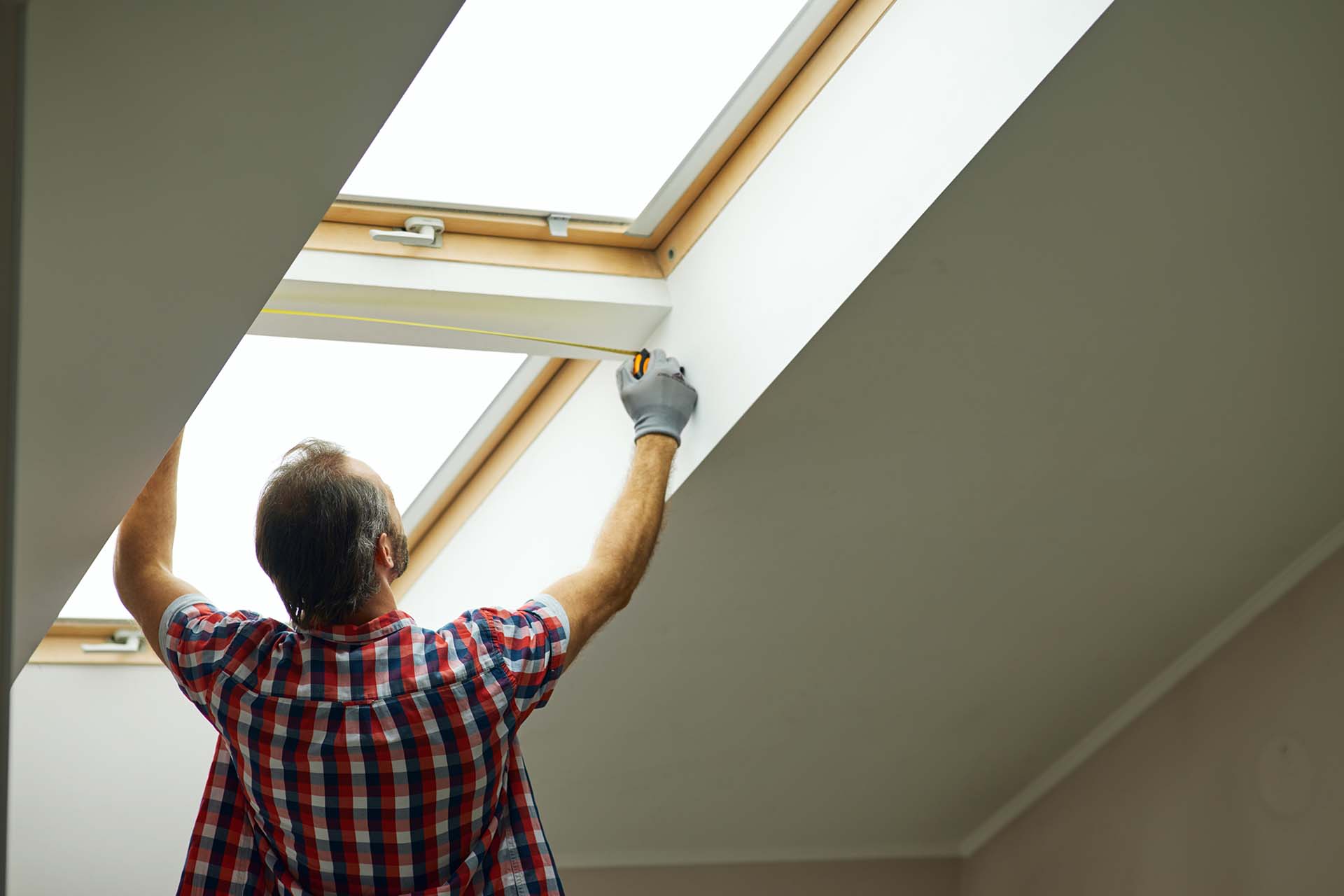
Replacing your windows is a significant investment, so it is best that you have a plan of what you will purchase and how to receive the full benefits of it. Not only do you get new windows for the curb appeal of your home, but you also purchase new ones for their functionality purposes, especially in the energy efficiency area. Studies have shown that the windows and siding of your home can potentially account for up to 25 percent of your home’s energy and heat loss. That is why it is best to make sure that your replacement windows will save you not only your money, but also your energy. With that being said, here is how to ensure that your replacement windows are performing at their maximum efficiency.
Select the Right Materials
The elements used to construct a window frame are critical in ensuring that your window replacement is as efficient as possible. A wood frame, for example, is less susceptible to warmth and cold transmission than an aluminium frame since metals carry temperature far more easily than wood. However, hardwood might not be the most energy-efficient material for your home. There are several suitable materials for window frames, each with their own set of advantages and disadvantages. The frame you choose will be determined by your preferences, budget, and necessity for maximum efficiency. Here is a list of the recommended materials that will save you the most energy.
Vinyl
Vinyl is a more affordable product, but that does not make it a cheap choice. A well-built and well installed vinyl window may provide great energy efficiency paired with insulated glass and secure construction that reduces air leakage.
Wood
Hardwood windows have one of the greatest insulating values available. Furthermore, a well-built wooden window may last a long time because of their various qualities that contribute to their durability. Because of the high-quality cut and type of wood used, many natural wood window frames in older properties are still in great condition.
Aluminium
Because of its endurance, aluminium windows are useful in wet, humid locations and can survive harsh weather conditions. Thermal breaks may also be installed in some aluminium window frames to separate the internal and outside surfaces and limit heat transmission. They also require less upkeep than wood frames.
Selecting the Type of Glass
The material of the window frame is critical to the overall effectiveness of a window. The glass used in a window, on the other hand, may have a direct impact on its energy conservation. Double-pane and triple-pane windows are often utilised when it comes to saving energy, with triple-paned windows providing the highest thermal insulating power. The greater the distance between the panes, the greater the insulation. In addition to the glass kind, windows may have a specialised coating applied to them, such as a Low-E coating. This function reduces heat penetration and prevents harmful UV rays from entering your house. To improve a window’s energy efficiency, a gas such as Argon or Krypton may be used to fill the space amongst the double and triple-paned windows.
Checking for Imperfections
Although the materials and the type of glass you choose for your replacement window is critical, you have to also check for any imperfections in your windows that may result in further heat and energy loss. Here are some problems that you may want to look out for and fix.
Condensation
Moist home air escapes through the inner pane of the window and condenses on the outer pane when condensation accumulates between panes on non-sealed glazing systems or storm windows. This form of condensation can occur in even dry homes. This is a prevalent issue on second floors, where the stack effect causes more air to be pushed out the window. The answer to this problem is to strip the interior sash to reduce air leakage, and to ensure that the tear holes on storm windows, which enable water to leave, are accessible on the outside.
If condensation forms within a sealed double-glazed window, it is recommended to replace the glazing component. Although certain specialist firms may rebuild failing sealed glazing systems, this is considered a temporary solution that will not provide the same initial energy efficiency. It is best to check to determine if the glass is still covered by the manufacturer’s warranty, so you could get your money back or purchase another replacement.
Interior Caulking
You can reduce window air leakage by putting a consistent layer of caulk all around window trimming, like where it meets the wall, at the trim’s corner joints, and in between the trim and the frame. You must check beforehand that the caulk is suited for interior usage (do not use external caulk indoors), that it can be painted, and that it is of excellent quality.
You should also remove the trim, add insulation, and fill the gap before reapplication of the trim if a window is especially leaky and the trim can be simply removed and replaced. If the gap is tiny, say 6 mm or less, insulating it first and then caulking it may be sufficient. Larger gaps may need the use of a caulked backer rod or low-expansion foam.
Exterior Caulking
Exterior caulking is the final and most vulnerable line of defence versus rain penetrating your home from the outside. A well placed flashing and a fully defined drainage plane are the finest defences from window and door panel leakage. Caulking the exterior of a window must be done only once the interior has been sealed. If the outside is the first one to be caulked, it might trap warm, damp air in the wall, causing it to deteriorate over time.
Owning truly energy efficient windows is what every homeowner needs in their lives. Not only does it save you your energy, but it also saves you your money, which is something that is very important. There are various things that you may do in order to make sure that your window replacements are performing at maximum efficiency. Some of these precautions include picking the right materials for the window frames, choosing the best glass type and checking for any imperfections in your windows that may cause additional heat loss. By ensuring that all of this is properly executed and covered, you are making your life as a homeowner easier and less stressful.
